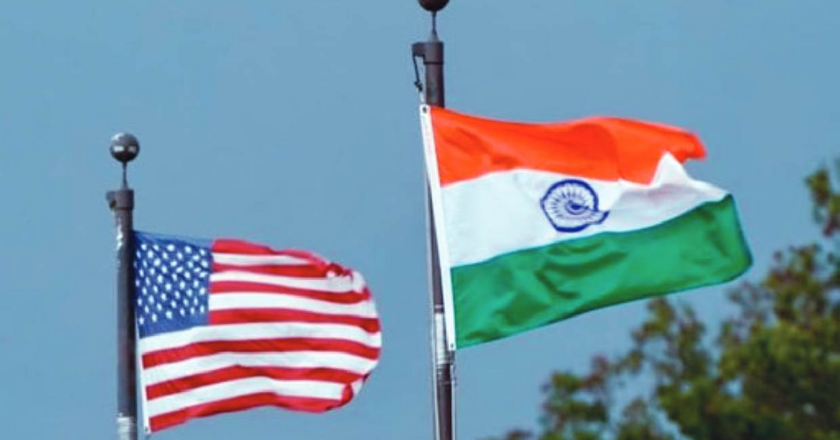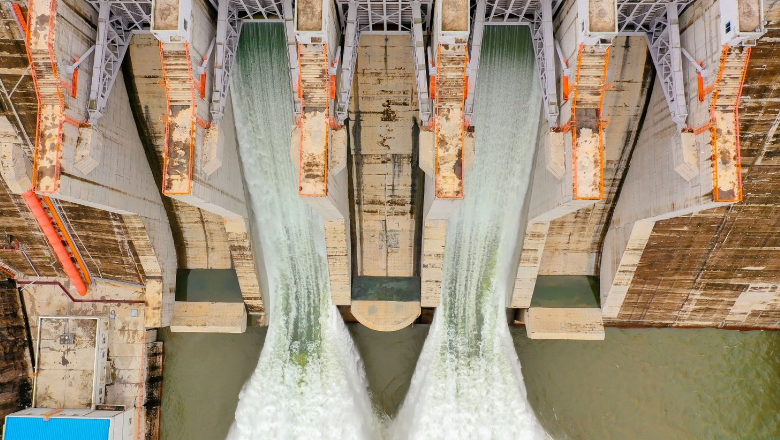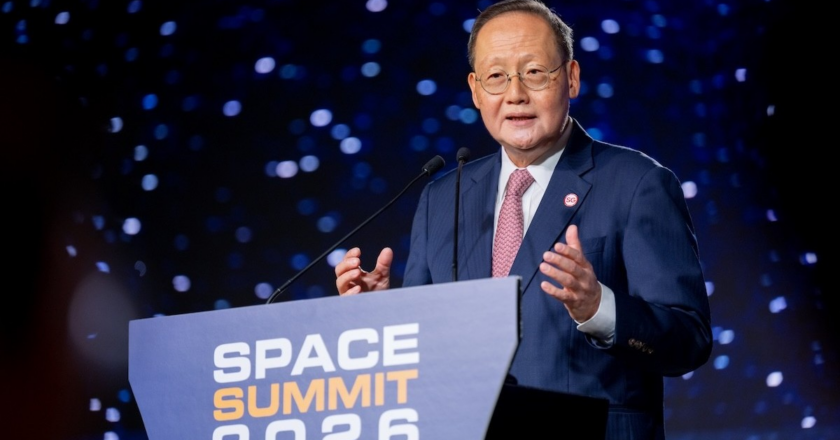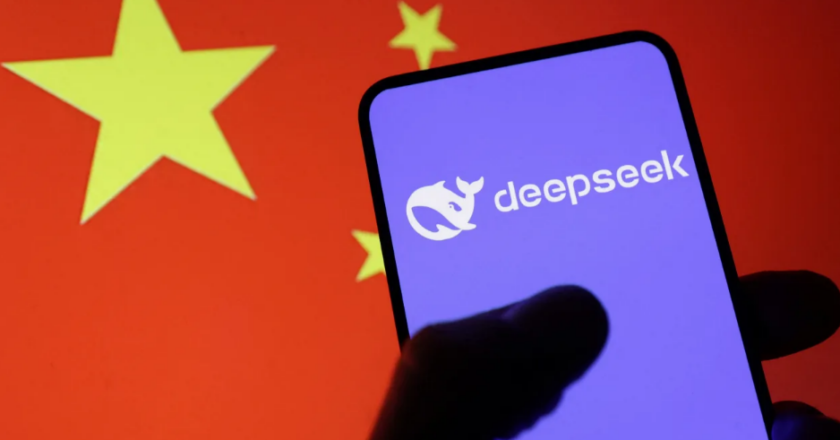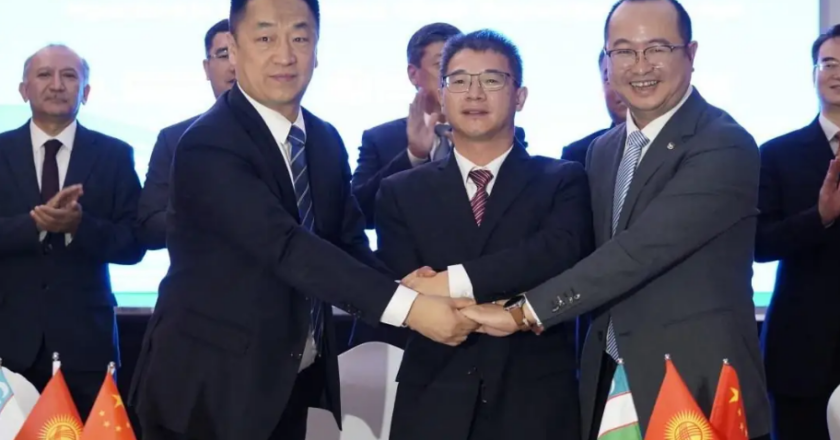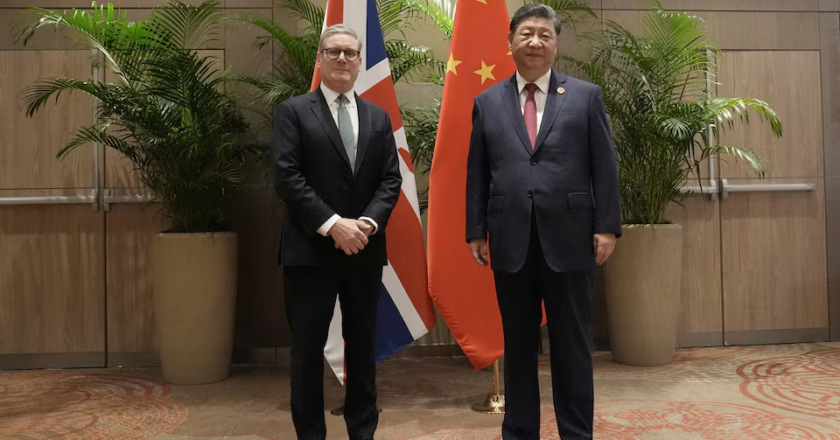Is India last lifeline for China’s sinking economy? Why the Dragon’s eyes are locked on Delhi
Recent data shows growing pressure on China’s economy. Factory activity has slowed, the property sector is weak and export-focussed companies face trade barriers in developed markets. Because of this, many companies are looking outside China to expand and maintain stable earnings.
China’s economic slowdown has begun to influence its outward investment plans, with India emerging as a potential destination for fresh capital flows. Several Chinese companies are exploring opportunities in the Indian market as domestic growth loses pace and external trade conditions become more restrictive.
Recent data shows growing pressure on China’s economy. Factory activity has slowed, the property sector is weak and export-focussed companies face trade barriers in developed markets. Because of t...


